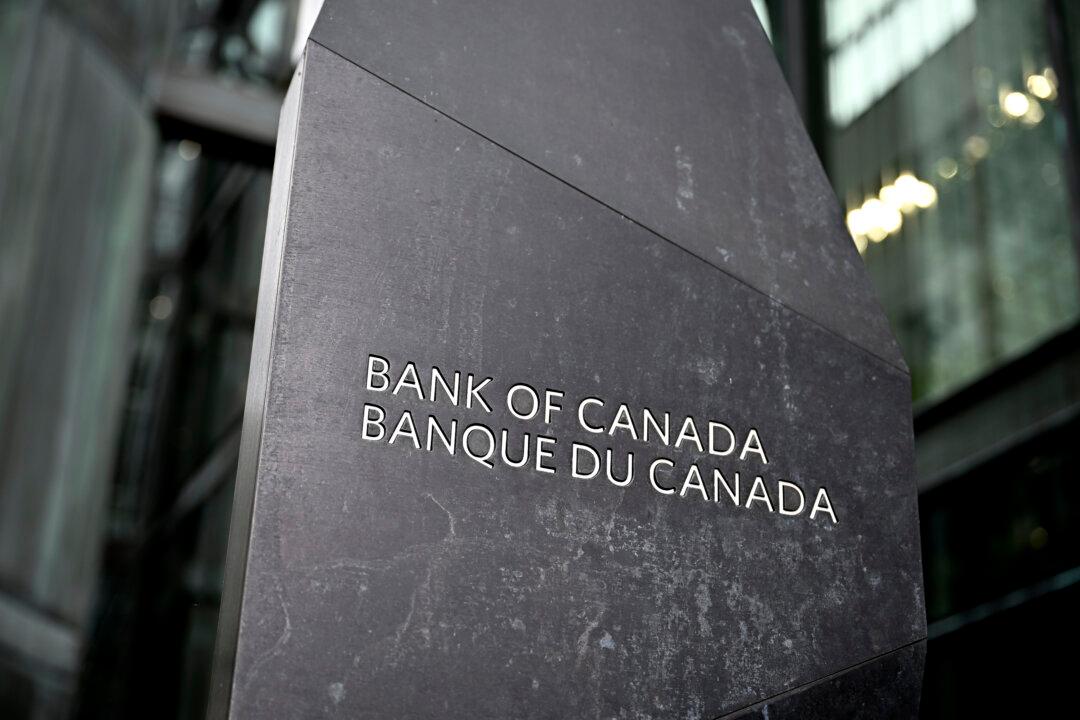With Canada’s inflation rate falling to 1.6 percent in September, lower than the Bank of Canada’s target of 2 percent, there are increasing expectations that steeper interest rate cuts could be likely.
Statistics Canada reported on Oct. 15 that the latest inflation numbers were the consumer price index’s smallest year-over-year increase since February 2021. The 1.6 percent inflation rate was driven by lower gasoline prices, the agency said. It said inflation excluding gasoline was 2.2 percent in September, the same as August’s increase for this metric.





